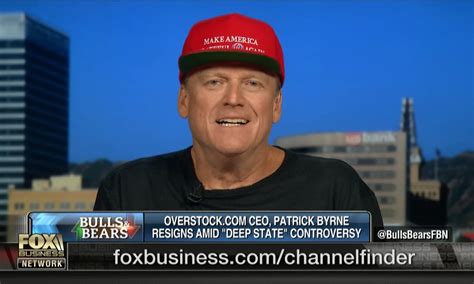A Quote by Brock Pierce
Before Blockchain Capital, I was cranking out startups like an incubator.
Related Quotes
As a serial investor who has raised hundreds of millions of dollars for startups, I know that the business plans coming out of incubators tend to be vetted and more thoroughly validated. The incubator's input into your business plan will make you look far more polished and experienced - even if you have never run a business before.
There's nothing wrong with raising venture capital. Many lean startups are ambitious and are able to deploy large amounts of capital. What differentiates them is their disciplined approach to determining when to spend money: after the fundamental elements of the business model have been empirically validated.
Before, companies and startups had to lay up all this capital for data centers and servers, and take your scarce resource, which in most companies is engineers, and have them work on the undifferentiated heavy lifting of infrastructure. What the cloud has done is completely flipped that model on its head so that you only pay for what you consume.


































